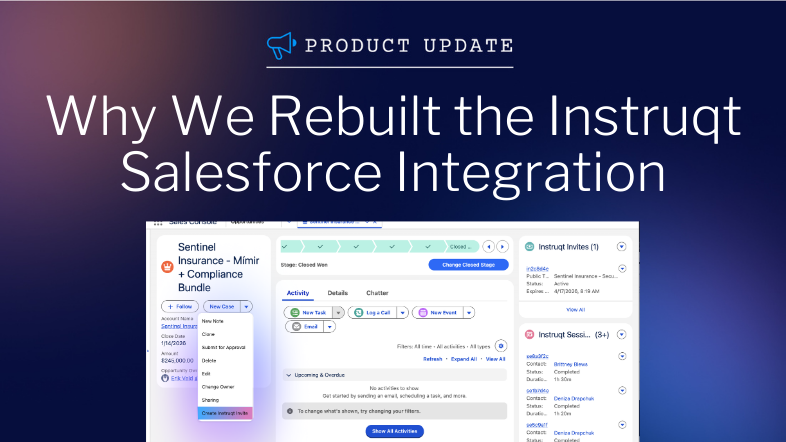The Pitfalls of Building a Home-Grown Software Solution

Ah, the allure of a build-it-yourself software solution! It's like the siren song for ambitious tech companies looking to scale their operations: a chance to craft a bespoke tool tailored perfectly to your needs. But before you set sail on this DIY software odyssey, let's navigate the choppy waters of potential pitfalls that could turn your dream project into a digital shipwreck.
1. Reinventing the Square Wheel
First up, the classic trap: reinventing the wheel. But, in the software world, it's more like reinventing the square wheel. Building from scratch often means tackling problems that others have already solved (and probably better).
Why spend months developing a feature or integration that's available off-the-shelf? Remember, sometimes, it's not about creating something new; it's about smartly integrating what's already there.
2. The Resource Black Hole
Time, money, and energy – the holy trinity of resources you'll pour into a home-grown solution. It's easy to underestimate the sheer scale of these investments.
Before you know it, your "simple" project can morph into a resource-gobbling monster, feasting on the hours and dollars you could have spent on your core business activities. You can always recover the dollars, but the time you’ll never get back.
3. Maintenance Mayhem
Ah, maintenance – the never-ending tech party no one wants to attend.
Home-grown solutions require continuous upkeep, patches, and updates. Unlike commercial software backed by a dedicated support team, your in-house creation might suffer from neglect, especially when the original developers are no longer around or too busy updating their LinkedIn profiles.
4. Security – The Hidden Iceberg
In the world of software, security threats are the icebergs waiting for your Titanic. Commercial software often has the advantage of extensive security testing and regular updates.
Home-grown solutions? Not so much. Without a dedicated security team, your DIY software might be sailing blind in hazardous waters.
5. Scaling – Climbing Mount Everest in Flip-Flops
Scaling home-grown software is like trying to climb Mount Everest in flip-flops – possible, but probably not a great idea.
What works for a team of five can quickly collapse under the weight of fifty or five hundred users.
Commercial solutions are designed with scalability in mind, while your home-brewed app might just call it quits when things get too crowded.
6. Compatibility Conundrums
Welcome to the wild world of compatibility issues! Your home-grown software might play nice with your current setup, but introduce a new tool or system into the mix, and things can get messy faster than a toddler with a paintbrush.
Interoperability is often an afterthought in home-grown projects, leading to a tangle of compatibility headaches later on.
P.S. Instruqt is very integration-friendly 🗣️
7. The Lone Ranger Problem
Homegrown solutions are usually thrown onto the plates of a small, overworked team. Sometimes, it’s heaped onto a single engineer, a Long Ranger in the tech wilderness.
While this might seem efficient, it puts your project at risk. You can’t assume your builder will be with your company for life. What if your software maverick switches jobs, or wins the lottery and moves to the Bahamas?
Institutional knowledge and support can disappear faster than free snacks in the break room.
Avoid The DIY Dilemma & Partner with Instruqt
Building a home-grown software solution is a bit like baking a soufflé – it requires skill, time, and a lot of patience.
It can be rewarding, but it's fraught with challenges that can make or break your project. Sometimes, the more intelligent choice is leveraging existing solutions, freeing you to focus on what your business does best.
Avoid the pitfalls of building your own solution and schedule a demo with Instruqt today to learn how we can accelerate your engineering training, onboarding, and education initiatives.






.png)
